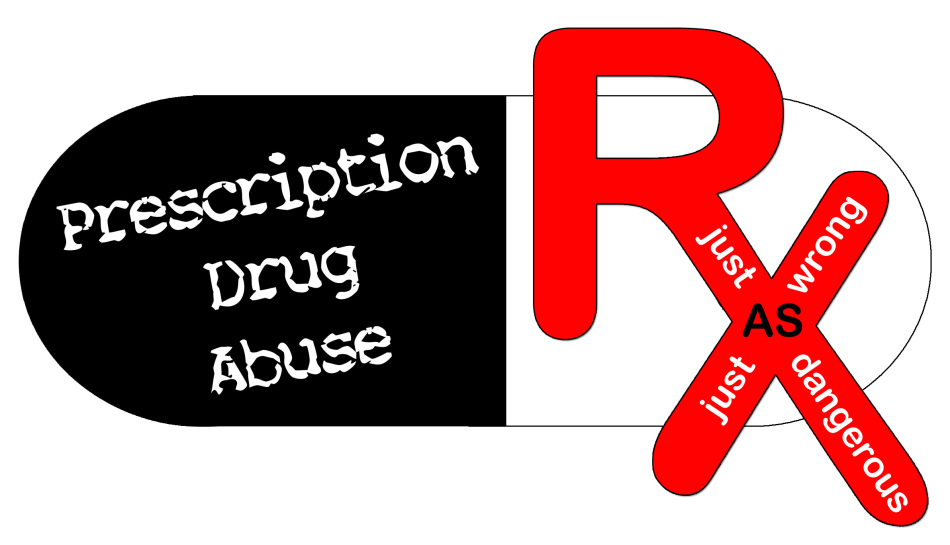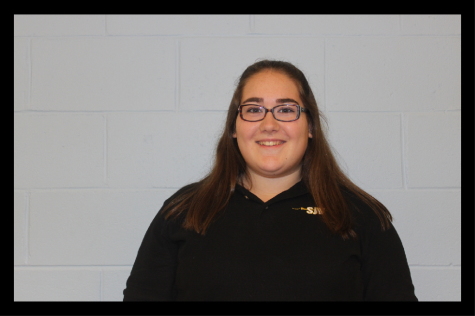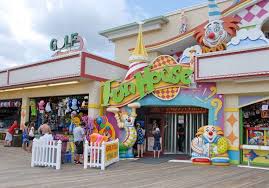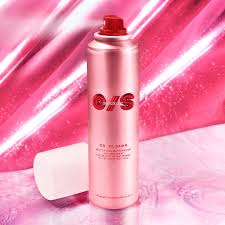The Rising Concern of Prescription Drug Abuse
November 14, 2014
Prescription drug abuse is a rising concern in today’s society. 5500 Americans start to misuse prescription painkillers every day. 40 Americans die every day from overdose of prescription painkillers. Why does this matter? Because these prescription drugs often lead to something worse; heroin.
“Your medicine cabinet could be a gateway to heroin”, says the Governors Council for Alcoholism and Drug abuse. Every day in the US, 2,500 children try a prescription pain reliever for the first time. A shocking 52 million people in the United States of America have tried a prescription drug that was not prescribed for them at least once in their life. Where are these 12 to 17 year olds getting these drugs? Their medicine cabinets. “Who knew Grandma kept a Stash! Talk to your kids about prescription drug abuse.” says the Partnership for a Drug Free New Jersey in their newest campaign slogan. The worst part is, because they are medication used to help people deal with certain medical problems; people don’t consider them a serious drug. “People are often starting with prescription medication and that’s because they see it as something acceptable because its medication in the pill form, and young people abuse it leading to dependency to the prescription medication.” says Rebecca Avenoso from the Governors Council for Alcoholism and Drug Abuse
There are different types of prescription drugs abused today. The most popular choice are opioids, which are prescription pain killers. They are prescribed to patients who have had a serious injury, such as a broken leg, and are in need of strong medication for the pain. They usually come in a tablet form, and when they are abused, they are swallowed or injected. When the drug enters the body, users feel euphoria and pleasure. These drugs are abused due to the high that users feel. Taken exactly as prescribed, pain relievers can manage pain effectively; but abusing opioids can lead to physical dependence and addiction.
Dependence means that the body adapts to the presence of the drug, and withdrawal symptoms occur if use is reduced or stopped. There are many symptoms of withdrawal for opioids. They include restlessness, muscle and bone pain, insomnia, diarrhea, vomiting, and cold flashes with goose bumps. Opioids also have the tolerance effect, which means that higher doses need to be taken to receive the same high the user felt the first time.
Another type of prescription drugs are sedatives and tranquilizers. Prescription sedatives and tranquilizers cause euphoria and slow normal brain function, which results in slurred speech, shallow breathing, sluggishness, fatigue, disorientation and lack of coordination. This medication is prescribed to patients for anxiety, tension and sleep disorders, stress reactions, and panic attacks. When abused, they are swallowed or injected. During the first few days of taking a prescribed sedative or tranquilizer, a person usually feels sleepy and uncoordinated, but as the body becomes accustomed to the effects of the drug, these feelings begin to disappear. Higher doses cause impairment of memory, judgment and coordination, irritability, paranoia and suicidal tendencies. Using Prescription sedatives and tranquilizers can slow breathing and heart beats, and possibly leads to death. It is very easy to become dependent on this substance and when usage stops symptoms of withdrawal appear immediately. Because all Prescription sedatives and tranquilizers work by slowing the brain’s activity, when an individual stops taking them, there can be a rebound effect, possibly leading to seizures and other harmful consequences. Tolerance is the most dangerous part of this drug, and larger doses become needed to get the same high the user felt the first time. This may lead users to addiction, taking higher doses and risking an overdose.
The last prescription drug that is abused today is prescription stimulants. When given to patients, they are meant to help patients suffering from narcolepsy, attention-deficit hyperactivity disorder and short-term treatment of obesity. They are tablets, and are swallowed and may be injected when abused. Stimulants increase chemicals in the brain, which causes high blood pressure and heart rate, constricting blood vessels, increased blood glucose, and increased breathing. The effects of drugs on the body include being on high alert and a sense of euphoria. There is also the potential for a heart attack or seizures every time this drug is taken out of prescription. Stimulants are very addictive and most people abuse them many times throughout the day. Taking high doses stimulants over and over again can lead to feelings of hostility or paranoia. This drug is dangerously addictive and has negative effects on the body as soon as it is consumed, including dangerously high body temperatures and an irregular heartbeat.
Why do we need to get a control on prescription drug abuse? Because they are leading to harder, more dangerous drugs. The number one gateway to heroin is prescription drug abuse. “They get addicted to the prescription drugs, and it gets expensive. Prescription drugs range from 20 to 25 dollars a pill. They move to heroin because heroin is cheaper; only 5 dollars a bag. The high is the same way heroin affects through the brain in the same way the prescription drugs do so the effects are the same to the body and user get the same high.” says Avenoso and Special Agent Timothy McMahon from the Drug Enforcement Administration (DEA).
There are many programs working tirelessly to stop prescription drug abuse. The Monmouth Country’s Prosecutors Office is giving presentations all around Monmouth County to teach young children about the effects of drug abuse on the body. Here at SJV, a representative from the Monmouth County Prosecutors Office gave a Heroin Prevention Assembly, and showed students through pictures and statistics the terrible affects that all drugs have on the body. Students were shocked by seeing the drastic change of appearance but where more surprised at the type of people. “They were teachers, just regular teachers who sold heroin. I was shocked,” said a SJV student. Just like the Governor’s Council on Alcoholism and Drug abuse says in their latest ad, “Addiction does not discriminate.”
On Saturday, November 8, one of the biggest prescription drug collections was held by the Partnership for a Drug Free New Jersey. AMCC, or the American Medicine Chest Challenge, is a safe way for people to get rid of old or expired prescription drugs sitting in their medicine cabinets. AMCC challenges families to take their five step challenge against prescription drug abuse. “The 5-steps include taking inventory of your medicine, securing your medicine chest, taking medicine only as prescribed, safely disposing of unused, unwanted, and expired medicine, and most importantly, talking to your children about the dangers of prescription drugs .” says CEO of AMCC, Angelo Valente.
Although there are many ways to prevent prescription drug abuse, the easiest way is simply just talking to your child. “The primary thing about all drugs is simply don’t do them.” reports McMahon, “Important factors are simply speaking to your sons and daughters; by just speaking to them they are 50 percent less likely to even try a drug.”
Will you take a stand against prescription drug abuse? Check out the links below for more information.
http://www.americanmedicinechest.com/






